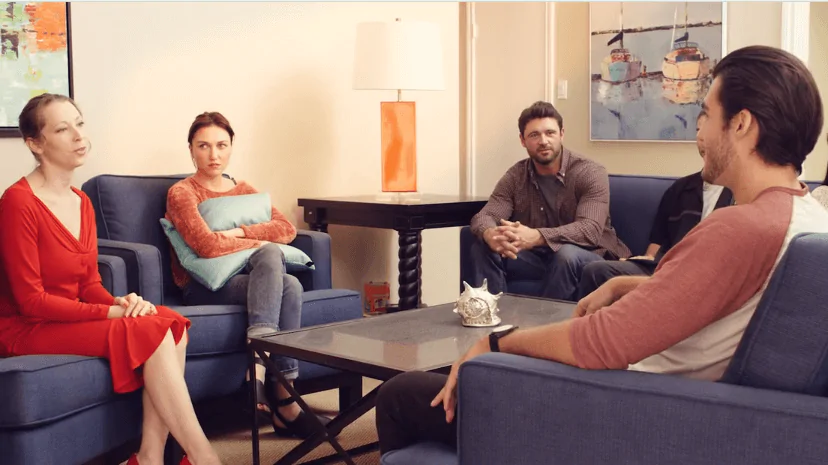24/7 Helpline:
(866) 899-111424/7 Helpline:
(866) 899-1114
Other Insurance Options

PHCS Network

MVP Healthcare

CareSource

Coventry Health Care

Medical Mutual of Ohio

Cigna

GEHA

Regence

Health Choice

BlueShield

State Farm

Group Health Incorporated

Multiplan

Magellan

WellPoint

MHNNet Behavioral Health

Health Net

Evernorth

Ceridian

Optima










